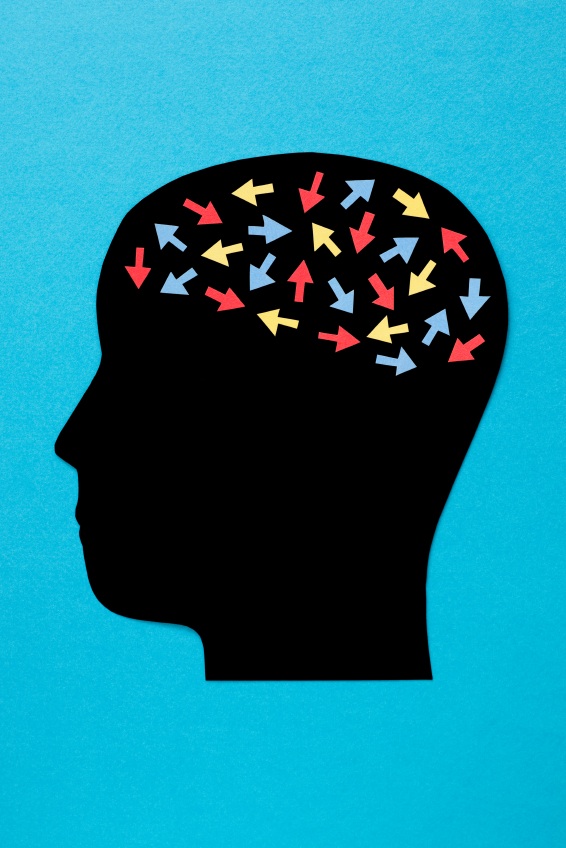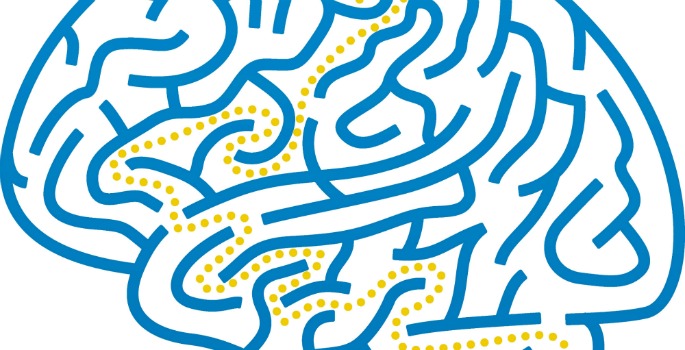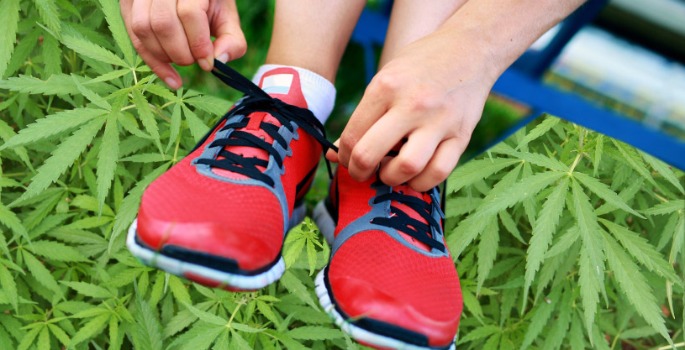Psychiatry
-

Alcoholics’ ‘injured brains’ work harder to complete simple tasks
Alcoholic brains must work harder to complete simple tasks. Read MoreNov 15, 2011
-

Putting the body back into the mind of schizophrenia
A study using a procedure called the rubber hand illusion has found striking new evidence that people experiencing schizophrenia have a weakened sense of body ownership and has produced the first case of a spontaneous, out-of-body experience in the laboratory. Read MoreOct 31, 2011
-

Information flow reduced in psychosis
Bipolar depression and schizophrenia share patterns of changes in neurons that regulate information flow, new research shows. Read MoreOct 21, 2011
-

‘Toolkit’ makes medical procedures less stressful for children with autism
Resource for physicians and parents created to make routine medical procedures less stressful for children with autism. Read MoreSep 21, 2011
-

Depressed brains more stressed
Patients with major depression may have altered gene expression associated with stressful conditions in certain brain areas. Read MoreAug 11, 2011
-

Connecting the dots in schizophrenia
Abnormalities of the hippocampus, a seahorse-shaped brain region involved in learning and memory, may play a role in the psychotic symptoms and cognitive deficits of schizophrenia. Read MoreJul 29, 2011
-

Stress circuitry key to drug relapse
Brain systems involved in the body’s stress response may drive drug relapse. Read MoreJul 22, 2011
-

Cocaine’s effects on the teenage brain
Cocaine exposure during the teen years causes long-lasting brain and behavioral changes in rats. Read MoreJun 24, 2011
-

From Yugoslavia to endowed chair: six pillars of academic success
Karoly Mirnics and Krassimira Garbett, staff scientist in his laboratory (Susan Urmy / Vanderbilt). I arrived in the states 21 years ago as a student, from what was to become the war-torn country of Yugoslavia. Twenty-one years later I am holding a title of James G. Blakemore Chair and vice… Read MoreMay 18, 2011
-

Ecstasy associated with chronic change in brain function
Recreational Ecstasy use is associated with a chronic change in brain function, raising concerns about proposals to use it to treat post-traumatic stress and other disorders. Read MoreMay 5, 2011
-

Gene variant impacts exercise blood pressure
Subtle genetic changes can have big effects on blood pressure while exercising. Read MoreApr 28, 2011
-

Better tools needed to target autism treatments for children
Although an evaluation of existing treatments for children with autism spectrum disorders found positive results in some studies, better information is needed to target the right treatments to specific children. Read MoreApr 4, 2011
-

How young brains make sense of senses
The brain’s ability to process multiple sensory inputs continues to develop well into childhood, a recent study shows. Read MoreMar 31, 2011
-

Exercise can curb marijuana use and cravings
Just a few sessions on the treadmill can prevent marijuana cravings and use, new research finds. Read MoreMar 4, 2011
-

New model to test how antidepressants work
A new mouse model offers the ability to better test how selective serotonin reuptake inhibitors (SSRIs) work and could lead to the development of new classes of anti-depressants. Read MoreFeb 18, 2011
-

Mental health research fund lauds VU scientists
Left to right: Karen Gregory, Elizabeth Hammock, Peilin Jia, John Panos Eight Vanderbilt University scientists have won 2010 Young Investigator Awards from NARSAD, the world’s leading mental health research charity. Each scientist will receive up to $60,000 over two years for innovative brain and behavioral studies of serious psychiatric disorders. Read MoreJan 31, 2011
-

Vanderbilt University study to be most comprehensive look at link between stress and health disparities
Researchers at Vanderbilt will begin a landmark study to examine how social stress contributes to disparities in health among minority populations. Vanderbilt University is launching a landmark study in Nashville to look at the role stress plays in the health disparities observed across socioeconomic status and race. The study will… Read MoreJul 6, 2010